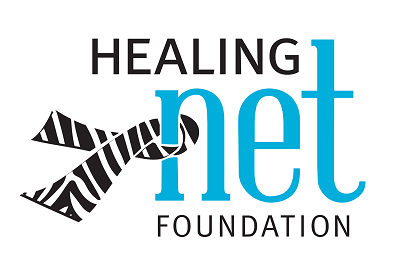Dr. Eric Liu’s Year End Review
/Friends,
It's hard to believe that another year has gone by. We've helped many of our zebra warriors, but lost some also. For those we've lost, I want their families and loved ones to know that the Healing NET Foundation continues to fight for them.
So much has happened this year in our neuroendocrine world. The biggest news was the FDA approval of the NETSPOT 68-Gallium-DOTATATE PET/CT scan for NETS!!!! This accomplishment means a lot to me as I saw the very first one performed in the United States 6 years ago. When I first starting doing the scan and seeing its true power, I couldn't wait until we could share it with all of the neuroendocrine patients here in the United States. A true collaboration between research physicians, the FDA, and Advanced Accelerator Applications (AAA), the approval of NETSPOT will change the way we take care of NETs here in the United States.
We also saw the release of the amazing data on Lutathera, the peptide receptor radionuclide therapy (PRRT) also championed by AAA. Hopefully, when the therapy is approved in 2017 we will able to treat so many more patients. I was incredibly excited when we gave a dose here in Denver last week. I've seen it in action in Europe - it will be a great tool to have here in America.
Another new advance was the release of the data on Telotristat from Lexicon. Telotristat is a medication that specifically blocks the production of serotonin and hopefully can help many people with severe Carcinoid Syndrome. Another great tool to have in the toolbox.
The Healing NET Foundation was also busy at work. We had the first HNF Summit in the Rocky Mountains where the top NET experts in the world could talk and debate about tough topics in NETs. I was blessed to hear the ideas of many brilliant people and hopefully improve the way we think of NETs.
We've made a lot of progress in our little Neuroendocrine world. But 2017 will only be more exciting. With these two new treatments available, we'll be able to help so many more people. I know there's more research going on and even that Oncolytic Virus in Sweden is moving along. Oooo, I just can't wait!
For those of you who have gotten to know me, I always say that we are all warriors in this crusade. Get out there and tell people that we're here. Tell them this disease is real. Tell those newbies they aren't alone. If we work together, others will begin to understand what NETs are and that we need more research, more awareness, and more care.
Have a wonderful, blessed holiday season, and a Happy New Year!
Dr. Eric Liu Neuroendocrine Surgeon--The Neuroendocrine Institute at Rocky Mountain Cancer Centers Co-Founder and Chief Medical Advisor Healing NET Foundation

















